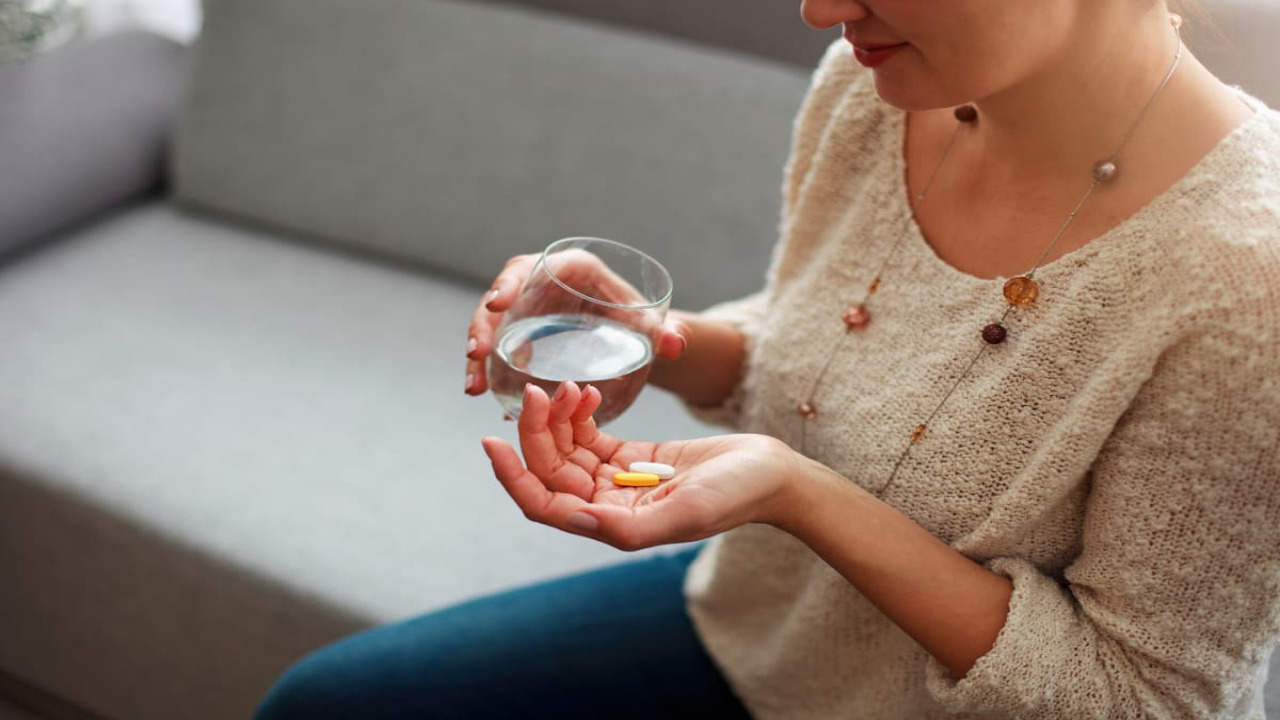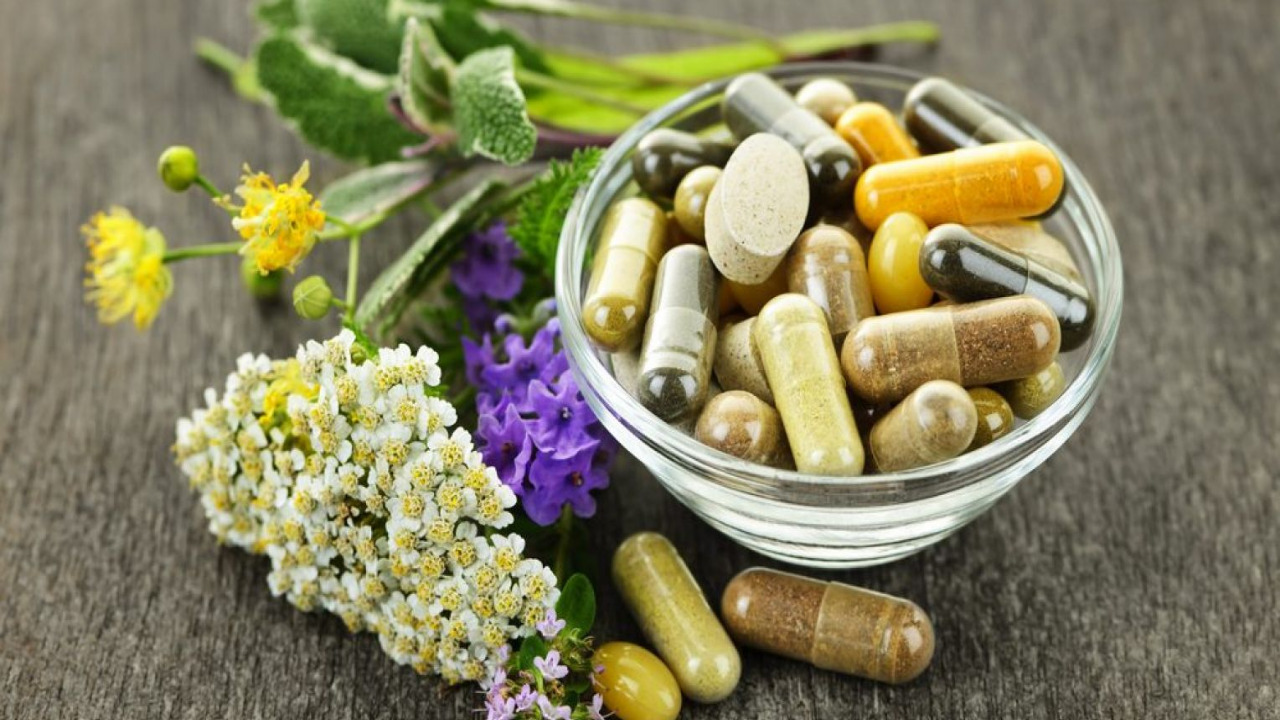Menopause is a biological process that predicts the end of a woman’s reproductive years. It usually occurs between the ages of 45 and 55 and is characterized by the cessation of menstruation for at least 12 consecutive months. While menopause is a normal part of aging, it can cause a range of unpleasant symptoms that can significantly impact a woman’s quality of life. Some common menopause symptoms include hot flashes, night sweats, mood changes, vaginal dryness, and sleep disturbances.
For many women, these symptoms can be managed through lifestyle changes such as regular exercise, a healthy diet, stress reduction techniques, and menopause supplements by S’moo. However, some women may turn to supplements to help alleviate their menopause symptoms. But are these supplements safe?
Are Supplements for Menopause Safe?

The answer is not straightforward. While many supplements have been shown to help with menopause symptoms, their safety, and effectiveness are not always clear. The regulation of supplements is much looser than that of prescription drugs, and manufacturers do not have to prove that their products are safe or effective before they are sold.
Supplements That Help to Manage Menopause Symptoms

That being said, there are some supplements that have been studied and have shown promise in helping with menopause symptoms. Here are a few:
- Black cohosh: Black cohosh is a plant native to North America that has been used for centuries to treat menopause symptoms. Studies have shown that it may help with hot flashes and mood changes, although more research is needed to confirm its safety and effectiveness.
- Soy: Soy contains phytoestrogens, which are plant compounds that can mimic the effects of estrogen in the body. Some studies have shown that soy may help with hot flashes and other menopause symptoms, although the evidence is mixed.
- Vitamin D: Vitamin D is important for bone health, and some studies have shown that it may also help with menopause symptoms such as hot flashes and mood changes.
- Magnesium: Magnesium is important for many bodily functions, including muscle and nerve functions. Some studies have shown that magnesium may help with sleep disturbances and other menopause symptoms.
- Probiotics: Probiotics are beneficial bacteria that live in the gut. Some studies have shown that they may help with vaginal dryness and other menopause symptoms, although more research is needed to confirm their effectiveness.
While these supplements may be helpful for some women, it’s important to remember that they are not a substitute for medical care. Women who are experiencing severe menopause symptoms should talk to their healthcare provider about their options, which may include prescription medications or hormone therapy.
Associated Risks

It’s also important to be cautious when taking supplements. While they may be marketed as “natural” or “safe,” they can still have side effects and interact with other medications. Women should always talk to their healthcare provider before starting a new supplement to ensure it is safe for them. In addition, women should be wary of supplements that make grand claims or promise a “cure” for menopause. There is no cure for menopause, and any supplement that claims otherwise should be viewed with skepticism.
Conclusion
In conclusion, supplements may be helpful for some women experiencing menopause symptoms, but their safety and effectiveness are not always clear. Women should talk to their healthcare provider before starting a new supplement and be cautious of supplements that make grand claims. Menopause is a normal part of aging, and women should seek medical care if their symptoms are severe or impacting their quality of life.